Maricopa County Recorder Stephen Richer sued Kari Lake for defamation on June 22 over her statements alleging election fraud, but Merissa Hamilton, founder of EZAZ who is managing an effort to chase early ballots for Lake, pointed out that Richer has made similar allegations himself previously. The Maricopa County Recorder’s lawsuit is being paid for by the Protect Democracy Project, which is described by InfluenceWatch as “a left-of-center litigation organization created to oppose the policies of President Donald Trump.”
Hamilton said she helped Richer put together reports of an investigation he did into fraud in the 2018 election, and helped him get elected, so she said she didn’t believe his lawsuit against Lake for asserting fraud was justified. “As someone that helped @stephen_richer put these reports together – – I have the drafts with his commentary – – I sacrificed my time and money with many sleepness [sic] nights for over a year to get him elected[.] His ‘lost friendships’ are due to his lies and manipulations,” she tweeted.
As someone that helped @stephen_richer put these reports together – – I have the drafts with his commentary – – I sacrificed my time and money with many sleepness nights for over a year to get him elected
His "lost friendships" are due to his lies and manipulations
— Merissa Hamilton 🗳 ⛽ 🗽🔥 (@merissahamilton) June 24, 2023
Hamilton posted a tweet thread on Saturday quoting Richer’s concerns about election fraud in the 2018 election. Richer was not yet in office when he issued a report in 2019 for the Arizona Republican Party on his findings investigating the 2018 election.
Hamilton tweeted, “My favorite part of @stephen_richer‘s 2019 report is where he claims voters received ballots pre-filled in for Democrat candidates in addition to ballot harvesting Far more salacious than any claim in @KariLake‘s lawsuits, @stephen_richer only provided affidavits as evidence.”
She included a screenshot from the report stating that “[t]he most consistent and credible” of reports regarding “fraud or voting irregularities” came from “voters who reported that the ballots they received on Election Day had been pre-marked with Democratic candidates.”
Richer provided an example of one in his report, saying allegations were “[a]lso concerning” regarding “ballot harvesting” and “efforts being made to find ballots in the trash and vote the ballot.” He cited a declaration submitted by a woman who said she was asked by two individuals from a group called “Arizona Wins” to help Democratic candidates by finding unmarked discarded early ballots in dumpsters, filling them out, and mailing them in.
In another tweet, Hamilton discussed Richer’s allegations that late ballots were accepted in 2018. “On page 12, @stephen_richer claims 168k late ballots were received – – similar to concerns of injecting ballots – – which have the impact of inadequate signature verification If I recall correctly, Fontes actually tagged more bad signatures than @stephen_richer‘s process,” she said.
Hamilton attached two screenshots from the report, one which cited the Arizona Capitol Times. Richer quoted the article, “of the ‘mail-in ballots that were counted after election day, 7,240 were flagged with questionable signatures, and the recorder’s office validated 6,933 of them’ — ballots that Recorder Fontes acknowledges would not have been counted under Recorder Purcell.”
She added some more of Richer’s report in another tweet. “Again, similar to accusations in @stephen_richer‘s lawsuit against @KariLake, he goes on to claim conflicts of interest led to irregular election processes and even candidate coordination to manipulate the outcome of the election,” she said. Richer expressed his concern that then-Maricopa County Recorder Adrian Fontes opened emergency voting centers prior to the election “requiring no further proof or testimony of an emergency,” which “could be convincingly argued that this is an inappropriate departure from the meaning of emergency as codified in Arizona statutes and as intended by the enacting legislature.”
Hamilton included a screenshot of another part of the report where Richer said, “The most serious allegation regarding the Recorder’s Office and the emergency voting center is the allegation that the Recorder’s Office coordinated the location and timing of the centers with the Kyrsten Sinema campaign for U.S. Senate.” He said election officials noted that the Sinema campaign “arranged for a flyer-drop in the areas surrounding the emergency voting centers immediately prior to the opening of the centers,” which might “suggest that the Sinema campaign knew about the location of the emergency voting centers prior to their public announcement.”
Finally, Hamilton tweeted, “Similar to the statements @stephen_richer is suing @KariLake over, @stephen_richer claims in his report that machines went down creating long lines and allowing for ballot harvesting.”
Hamilton attached a screenshot of part of the report, which contained a statement from Richer advising that a future report should “examine the two hour-plus wait times at certain polling locations, the delay in the tabulation process following Election Day, the security protocols for delivering votes from individual polling places to a central location, a midday software failure that caused all voting machines to go temporarily offline, reports of ballot harvesting, and allegations that Maricopa County does not comply with ARS § 16-668 by syncing its voter database with the database maintained by the Secretary of State’s Office.”
In his lawsuit, Richer claimed that Lake accused him of “intentionally sabotaging the election,” and that she “knew or recklessly disregarded the falsity of those accusations.”
Richer came under fire from conservatives for starting a PAC in November 2020 to support GOP election fraud deniers. In December 2022, Trump campaign attorney Christina Bobb obtained a confidential memo revealing that during a meeting, Richer urged CISA, the Cybersecurity and Infrastructure Security Agency, to shut down opposing opinions on social media. He claimed the information was misinformation and disinformation regarding the 2020 election. Bobb criticized his recommendations as “a patently illegal process.”
– – –
Rachel Alexander is a reporter at The Arizona Sun Times and The Star News Network. Follow Rachel on Twitter. Email tips to [email protected].
Background Photo “People Voting” by Ben Schumin. CC BY 3.0.

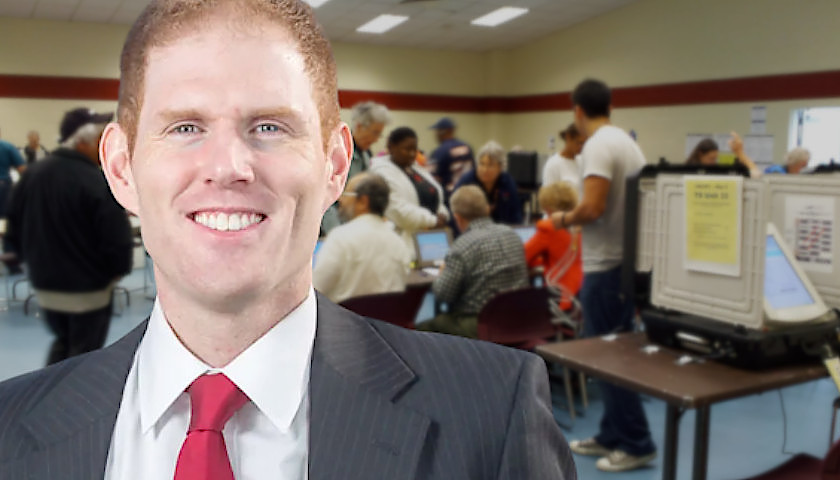



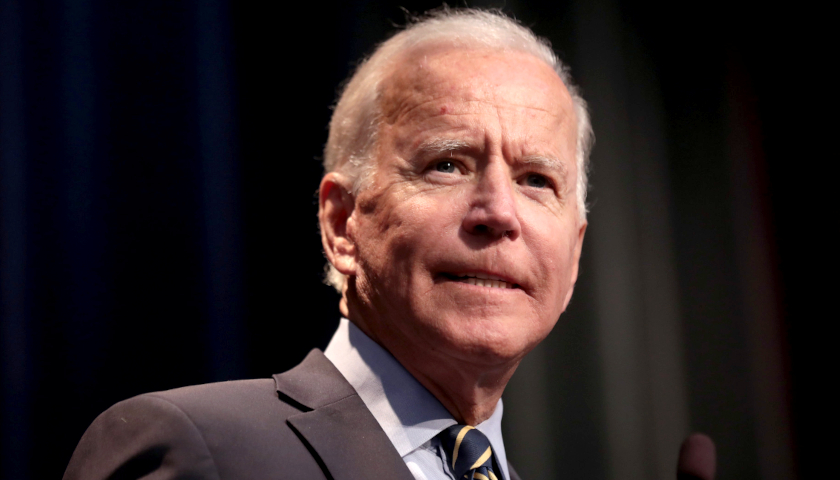
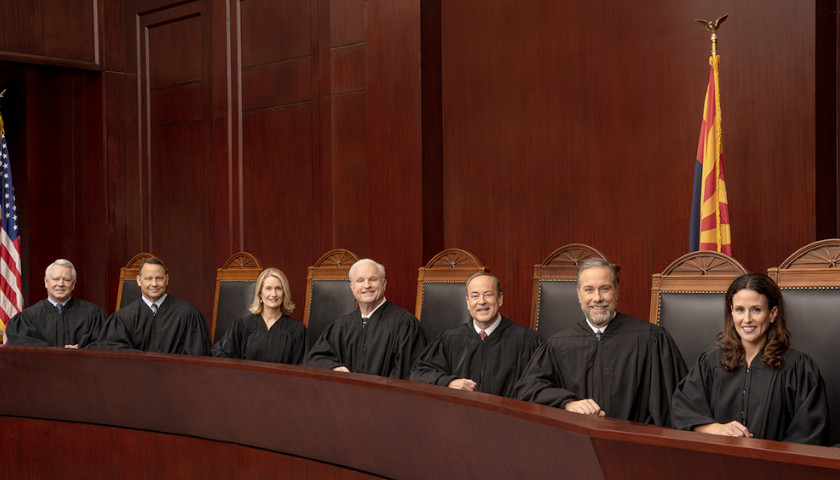
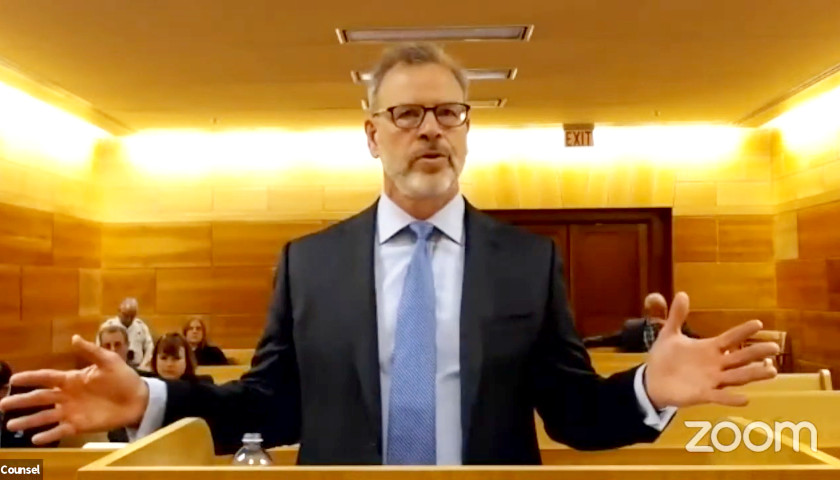
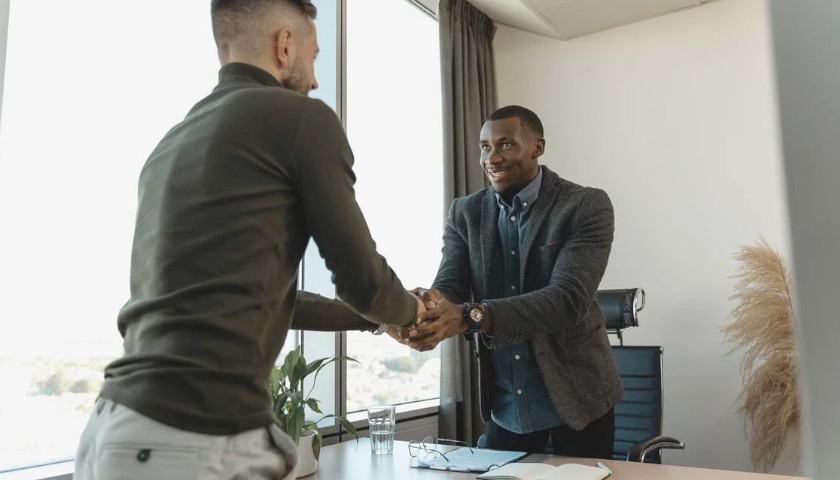
I do not believe we will ever have an election without voter fraud. I believe the elections are all rigged to the Democrat — left learning— party.
Kari Lake is a wonderful woman with conviction and look for the truth! I feel in the end,
she will win out over all the evil and lies that some like to push! They are the ones that
are helping to take apart America and all the freedoms, rights and the faith that made
us the greatest nation in the world. The world should be glad instead of trying to take
us apart so the world can have ONE government for all of us.
Kari Lake stands for truth, and they just keep battering at her just like the do at D. Trump
…. means they are close to the truth and that make the lefters worried that they will be
found out for all their evil!
It just goes to prove how corrupt the system is and to what lengths the local swamp will go to discredit any revelation of its crimes.
Using litigation and frivioulous lawsuits to try to stop those concerned with election fraud and election irregularities.